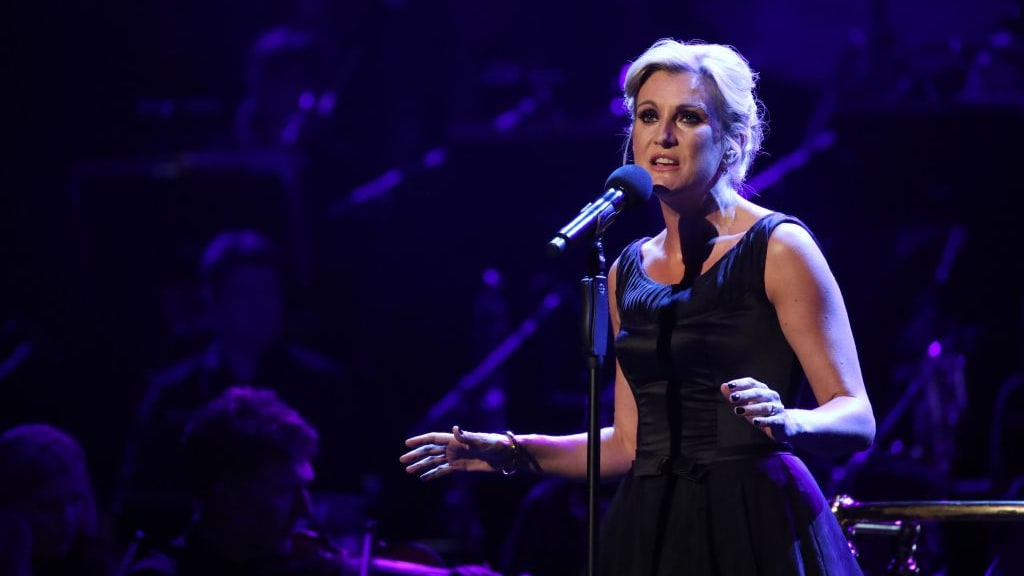An actress who performed in the stage production of Mamma Mia! for over a decade has been dropped from a BBC project because they’ve decided to give the gig to artificial intelligence instead.
Musical theater star Sara Poyzer publicly shared a screenshot of an email she received from an unnamed production company which read: “Sorry for the delay—we have had the approval from BBC to use the AI generated voice so we wont need Sara anymore.” “Sobering…” Poyzer captioned the post, along with a sad face emoji.
Poyzer replied to several messages from well-wishers describing the situation as “grim” and “proper shit.” She also tagged the performing arts union Equity in her original post—the organization is running a campaign called “Stop AI Stealing the Show” to “strengthen performers’ rights in response to the rise of AI across the entertainment industry.”
“We were very disappointed to receive the production company’s response, particularly as it’s a BBC project,” Voice Squad, a voiceover agency that works with Poyzer, told the Daily Mail. “The BBC have always stood for quality in their factual and drama broadcasting. As a voiceover agency we feel that AI is a danger to the whole industry—removing work from artists who have trained for three years at drama school and spent many years honing their craft.”
The agency added: “Voice artists are particularly skilled actors who deserve not to have their work devalued.”
A BBC spokesperson later told the Mail that the project in question is a “highly sensitive documentary” featuring a contributor “who is nearing the end of life and is now unable to speak.”
“We have been working closely with their family to explore how we might best represent the contributor’s voice at the end of the film when words they have written are read out,” the spokesperson said. “In these very particular circumstances and with the family’s wishes in mind we have agreed to use AI for a brief section to recreate a voice which can now no longer be heard. This will be clearly labelled within the film.”
A report from the U.K.’s Department for Education published in November found that white-collar professional jobs were among the most exposed to AI, with industries including finance, insurance, communications, and education among those with the greatest exposure.
The technology has also been a growing concern in the arts and creative industries, with AI figuring prominently in the negotiations to end the long-running Hollywood strikes last year.

